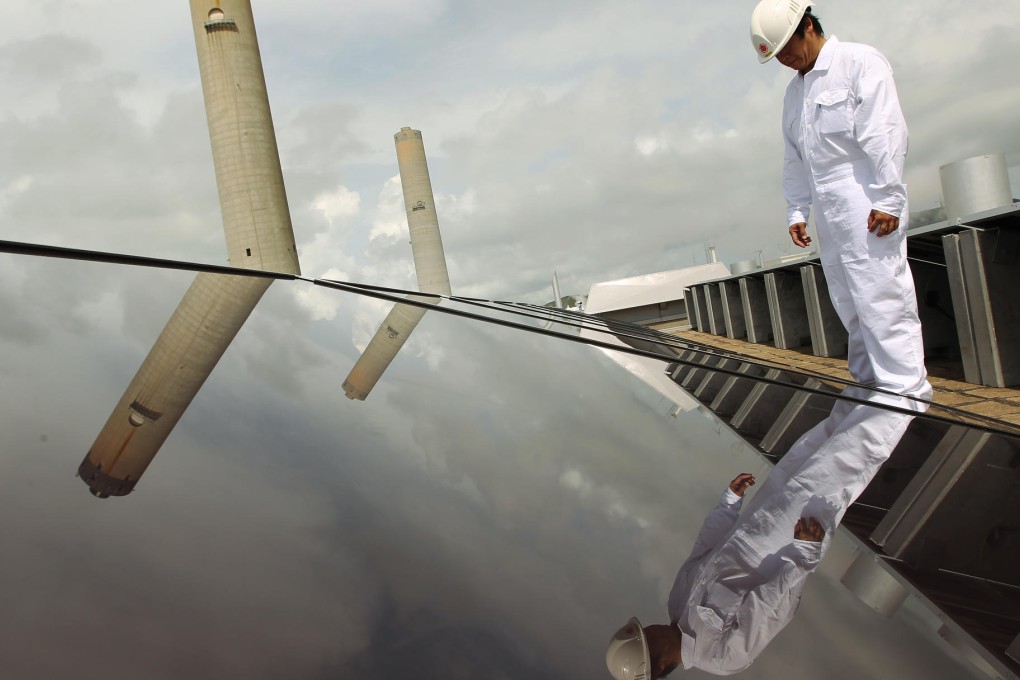Sun sets on joint Hong Kong-Shenzhen solar project
The first-ever collaborative project between Hong Kong and Shenzhen to create solar cells for power generation will come to an end this year after a subsidiary of American chemical giant DuPont pulled out.

The first-ever collaborative project between Hong Kong and Shenzhen to create solar cells for power generation will come to an end this year after a subsidiary of American chemical giant DuPont pulled out.
The project's end came with the announcement from DuPont's local subsidiary, DuPont Apollo, that it was stopping production in the region of silicon thin-film modules, which are used in solar cells.
That dealt a blow to cross-border efforts to establish the region as a hub for the research, development and production of solar power technology.
The partnership, called the Shenzhen-Hong Kong Innovation Circle, sought to create research and development facilities in Hong Kong for the technology that would be manufactured in Shenzhen. It was established in 2008 at the invitation of the Hong Kong and Shenzhen governments as part of the central government's 11th five-year plan.
Thin-film solar cells use thin photovoltaic material, such as might be found on a solar calculator, deposited on a substrate.
DuPont Apollo had aspired to become one of the world's top three providers of thin-film photovoltaic modules by next year. Its versatile thin-film products were cheaper to produce as it uses much less silicon than rival crystalline panels.
In 2009, it still expected the photovoltaic market to grow exponentially. But a year later, an oversupply of silicon lowered the prices of rival modules, making the technology less competitive.